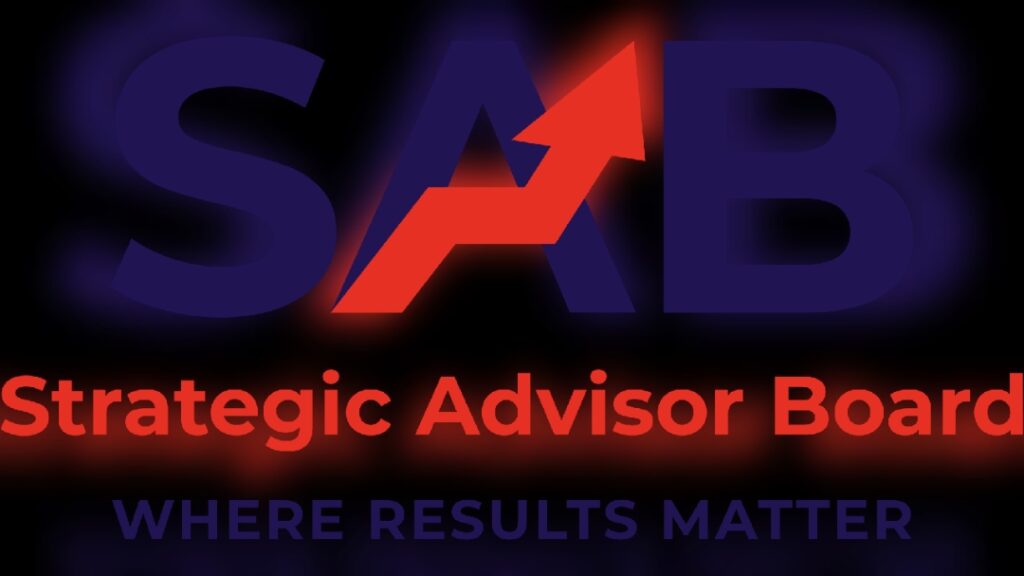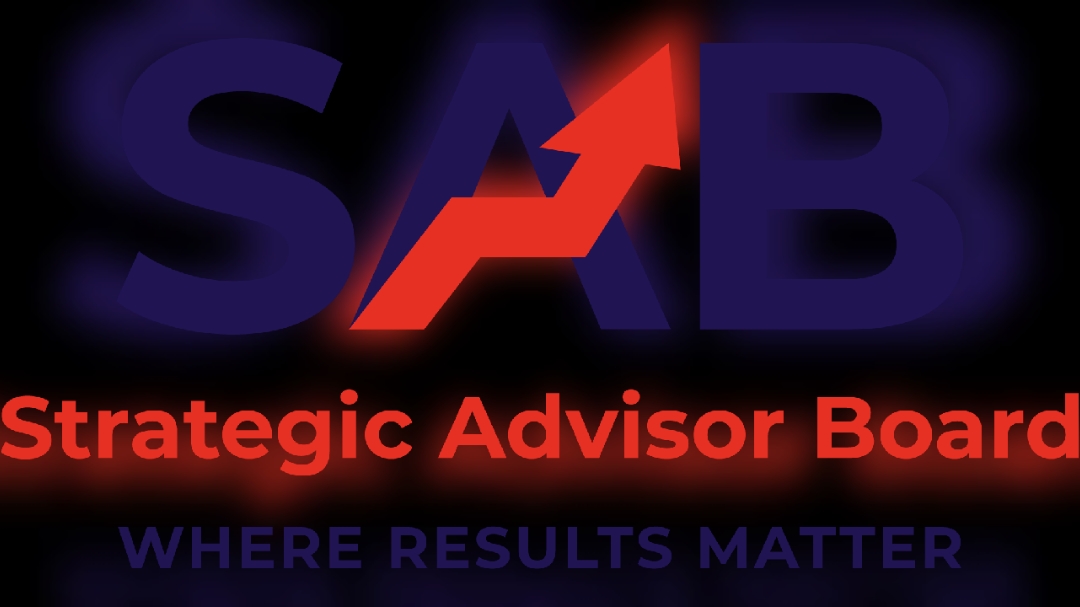
Many entrepreneurs strive for a lasting business legacy, but few achieve it. Jason Miller, a successful business consultant and founder of the Strategic Advisor Board, has dedicated his career to helping businesses grow and thrive for generations. His approach to building generational wealth combines strategic planning, integrity, and community involvement. This article explores Miller’s methods and how they can be applied to ensure a business’s long-term success.
The Importance of Generational Wealth
Generational wealth refers to assets passed down from one generation to the next. These can include financial assets, businesses, real estate, and investments. Building generational wealth is crucial for creating a stable financial future for families and communities. It ensures that the hard work of today benefits the descendants of tomorrow.
Jason Miller believes that a well-managed business is the foundation of generational wealth. “A business is not just a way to make money; it’s a legacy that can provide security and opportunities for future generations,” he says. His experience in both the military and the business world has given him a unique perspective on how to achieve this.
Strategic Planning for Long-Term Success
One of Miller’s key strategies is strategic planning. This involves setting long-term goals and developing detailed plans to achieve them. “Without a clear plan, it’s easy to lose sight of your goals,” Miller advises. He emphasizes the importance of regularly reviewing and updating these plans to adapt to changing market conditions.
Miller’s approach to strategic planning includes several important steps. First, he advises businesses to identify their core values and mission. These should guide every decision and action. Next, he recommends thoroughly analyzing the market and the competition. Understanding the market landscape helps businesses identify opportunities and threats. Finally, Miller stresses the importance of setting measurable goals and creating actionable steps to achieve them. “A goal without a plan is just a wish,” he says.
Integrity and Leadership
Integrity is at the heart of Miller’s approach to building a business legacy. “Trust is the foundation of any successful business,” he explains. “Without trust, you cannot build lasting relationships with customers, employees, or partners.” Miller’s military background has instilled in him a strong sense of honor and duty, which he applies to his business dealings.
Effective leadership is also crucial for building generational wealth. Miller believes leaders must lead by example and foster a positive company culture. This involves promoting ethical behavior, encouraging open communication, and supporting employees’ professional development. “A strong leader inspires loyalty and commitment, which are essential for long-term success,” Miller says.
Community Involvement
Miller is a firm believer in the power of community involvement. He argues that businesses should not only focus on profits but also on positively impacting their communities. “Giving back to the community creates goodwill and strengthens your business’s reputation,” he explains. Miller’s giving, such as for “Homes for Heroes,” demonstrates his commitment to helping others.
Businesses can build strong ties with their communities by supporting local charities, sponsoring community events, and encouraging employee volunteerism. This enhances the company’s reputation and fosters a sense of pride and loyalty among employees. “When you invest in your community, you invest in your business’s future,” Miller asserts.
Innovation and Adaptability
In today’s fast-paced business environment, innovation and adaptability are crucial for long-term success. Miller encourages businesses to embrace change and stay ahead of industry trends. “The business world is constantly evolving, and those who fail to adapt will be left behind,” he warns.
Miller advises businesses to encourage creative thinking and invest in research and development to foster a culture of innovation. This can involve exploring new technologies, developing new products or services, and continuously improving existing processes. “Innovation is not just about coming up with new ideas; it’s about implementing them effectively,” he explains.
Financial Management
Sound financial management is essential for building generational wealth. Miller emphasizes the importance of maintaining a healthy cash flow, managing debt wisely, and investing in growth opportunities. “A strong financial foundation is key to long-term success,” he says.
He also advises businesses to plan for the future by setting aside funds for unexpected expenses and investing in retirement plans. This ensures the business can weather economic downturns and provides security for its owners and employees. “Financial stability today sets the stage for success tomorrow,” Miller notes.
Mentorship and Education
Miller believes mentorship and continuous education are vital for building a business legacy. “Learning never stops, and having a mentor can provide valuable guidance and support,” he explains. Miller himself has benefited from mentors throughout his career and is passionate about giving back by mentoring others.
He encourages business leaders to seek mentors who can offer insights and advice based on their experiences. Additionally, investing in education and training helps employees develop new skills and stay up to date with industry trends. “A knowledgeable and skilled workforce is a business’s greatest asset,” Miller asserts.
Succession Planning
Finally, Miller highlights the importance of succession planning in building generational wealth. This involves identifying and preparing the next generation of leaders to take over the business. “Succession planning ensures that your business will continue to thrive even after you’re no longer at the helm,” he says.
Miller advises business owners to start succession planning early and involve potential successors in decision-making. This helps them gain the experience and knowledge needed to lead the business successfully. “A smooth leadership transition is key to maintaining the business’s success and legacy,” he explains.
Jason Miller’s approach to building a business legacy and generational wealth is a comprehensive strategy that combines strategic planning, integrity, community involvement, innovation, financial management, mentorship, and succession planning. By following these principles, business leaders can create a lasting legacy that benefits their families, communities, and future generations. As Miller says, “Building a business legacy is about more than just making money; it’s about creating something that will endure and make a positive impact for years to come.”






